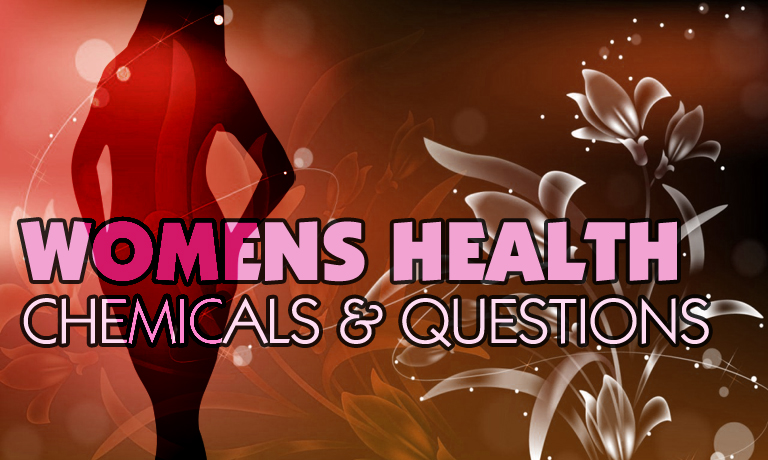
Vaginal research got a desperately needed boost at the National Institutes of Health (NIH) in 1992. That’s when Penny Hitchcock took over the Sexually Transmitted Diseases Branch at the National Institute of Allergy and Infectious Diseases and Nancy Alexander became chief of the Contraceptive Development Branch in the NIH Center for Population Research—posts previously held by men. “Those two got together and discovered NIH had no programs for vaginal research,” says Richard Cone, a Johns Hopkins biophysics professor. Cone had begun developing vaginal contraceptives that would protect against sexually transmitted infections (STIs) in 1980, and until then, struggled to get funding.
Hitchcock and Alexander soon initiated research programs on vaginal physiology, immunology, and microbicides, eventually funding Cone’s work. These new programs led to groundbreaking discoveries in animals and humans that certain chemicals—including glycerin (glycerol), a common base for personal lubricants—can damage or irritate vaginal1 and rectal2 epithelial cells, potentially increasing the transmission of STIs such as herpes and human immunodeficiency virus.
When it comes to reproductive health, research on contraceptives and STIs continues to garner interest worldwide. But a related area—chemical exposures from feminine hygiene products and personal lubricants—has received much less attention. In the United States alone, women spend well over $2 billion per year on feminine hygiene products,3 including tampons, pads, feminine washes, sprays, powders, and personal wipes. But until recently, scant research existed on how chemicals in these products may affect women’s health. As scattered findings emerge, several scientists and interest groups are calling for more research to fill in the gaps4.5.
